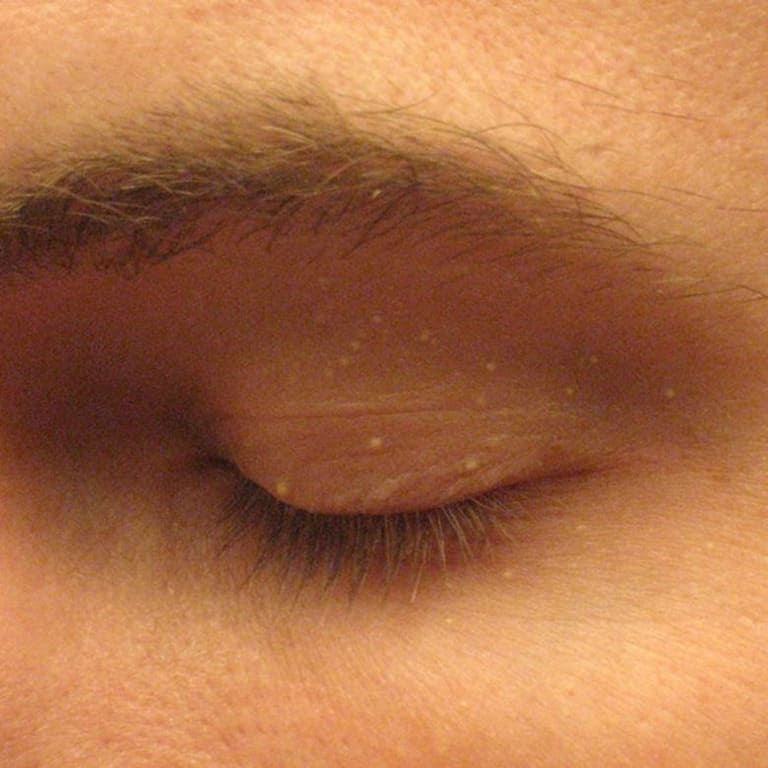Myco Indust., Inc. v. BlephEx, LLC involves not only patent law issues but also constitutional law questions.
As the Federal Circuit noted, “it is a case about free speech and a district court’s authority to place prior restraints on that speech.”
BlephEx has a patent for a “Method and Device for Treating an Ocular Disorder.”
The inventor was Dr. James Rynerson, who entered into a partnership with John Choate to help develop a commercial product. Soon thereafter, “Choate ended this relationship with Rynerson, apparently on less than cordial terms,” according to the court.
Choate then became chair of Myco Industries.
Some years later, both men hosted booths at an optometry trade show.
As the court noted:
According to Choate, Rynerson made loud accusations of infringement within earshot of prospective customers, while videotaping at least part of the encounter on his cell phone.
Myco filed a declaratory action against BlephEx, seeking a declaratory judgement that it hasn’t infringed the patent. It also sought a preliminary injunction seeking to prohibit BlephEx from “making false allegations” of patent infringement.
The district court granted the injunction.
The Federal Circuit noted that “federal law requires a showing of bad faith” before a patentee can be enjoined from communicating his or her patent rights.
Further,
A showing of “bad faith” must be supported by a finding that the claims asserted were objectively baseless… An asserted claim is objectively baseless if no reasonable litigant could realistically expect success on the merits.
Thus, the Federal Circuit found that the “district court abused its discretion when it granted a preliminary injunction enjoining patentee speech without a finding of bad faith.”
Just like the haiku above, we like to keep our posts short and sweet. Hopefully, you found this bite-sized information helpful. If you would like more information, please do not hesitate to contact us here.


